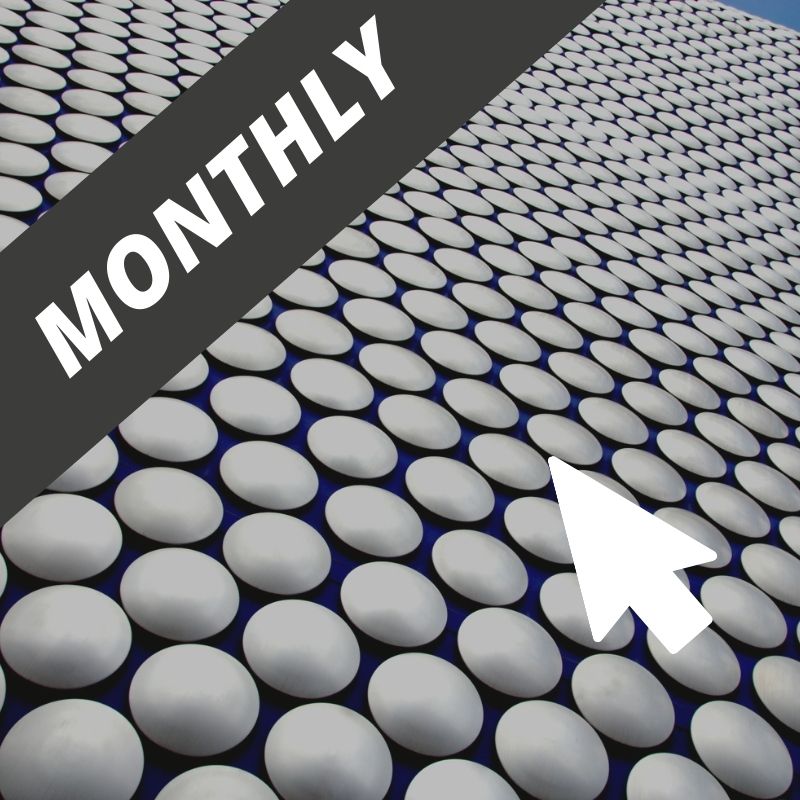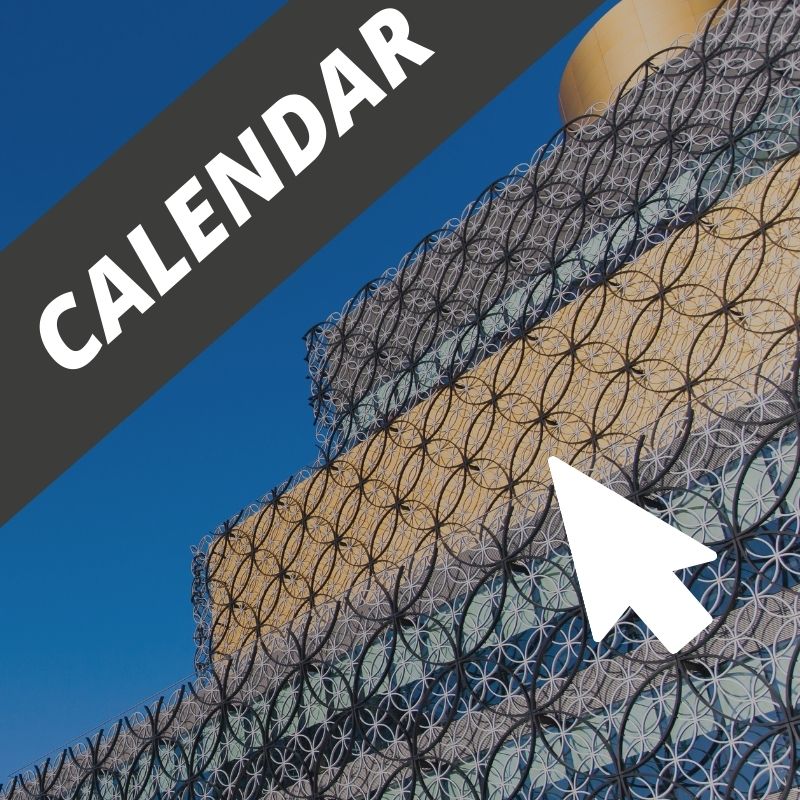Teaching Series Introduction:
At the start of a new year, what is in store? Using the text from the book of Isaiah in the Bible (Chapter 43, verses 18 to 19) as our ‘text for the year’, we will be able to transition from 2020 with confidence and expectation? 2020 has been a year like no other, and in the complexity maybe God is doing something wonderful. As we reflect on the journey we’ve been on, and the journey ahead, we will be able to step forward with faith and excitement?
Part 2
Title: Back To The Future – Part 2
By: Judy Moore
Date: 10 January 2021
Bible Passages: Isaiah (Chapter 43, verses 18-19) & 2 Corinthians (Chapter 5, verses 16-21)
Building on the opening week, the passage from 2 Corinthians 5 is reminder about what it means to be a new creation. The old patterns of life are gone, because of the gospel. And so, the heart of living the new story is holding onto and holding out that good news.
Children’s Resources:
Youth Resources:
Resources are sent out to all parents each week. If you are not receiving these emails or would like to know about how you can get connect with our youth please contact: johng@riverside-church.org.uk
Study Questions
- On Sunday, Judy talked about the ‘tension’ at the moment – we know a vaccine is out there and available, and yet it is also hugely challenging still. How are you doing at the moment? How are you coping with that tension?
- Read Isaiah 43:18-19 and 2 Corinthians 5:17-21. What is the ‘new’ thing that is being spoken of? What, according to Paul, leads to this ‘new’ thing?
- In her message, Judy used the illustration of bulbs and how ‘Spring will come’ even though we don’t always see it immediately. How does this encourage you when you think about the ‘new’ things that are promised in these passages?
- If – as these passages say – it is God who achieves this new creation, how does this help us to cope when we feel as though it is ‘winter’, and ‘spring’ feels a long way away?
- The centre of the Bible is that Jesus has made a way for us to be ‘reconciled’ to God. And so we are therefore free – good news! What is our response to be, according to v20-21? What does that means at the moment?
- What impact does v21 have on how you see yourself and those around you?
- Take some time to pray in light of the truth about being a new creation, and the opportunity we therefore have to hold out that hope to others.
Watch Online: YouTube
Listen Online: Podcast
Transcript:
Well, good morning everyone, and Happy New Year to you. I think we all feel just a little bit better, don’t we, for having had Marcus read those words to us so beautifully: words from 2 Corinthians written by Paul in the New Testament to talk about the hope that we hold on to, but also the hope that we held out to others and extends to others.
If we go back a week ago… If you were able to tune in, don’t worry if not. But Tim shared the versus that he has really been conscious that God’s speaking to us through for this year from Isaiah 43 saying, “Forget the former things; do not dwell on the past. See, I am doing a new thing! Now it springs up; do you not perceive it? Do you not perceive it? I’m making no way in the desert and streams in the wasteland.”
Well, we certainly know desert at the moment. We certainly can identify with wasteland. But when God says, through the prophet Isaiah, “I’m doing something new, do you not perceive it?” There may be many of us tuning in right now saying, “No, actually I don’t.” I can’t see what you’re doing, God, because it’s messy, and it’s sad, and it’s bleak, and it’s wasteland,” and all of that. And yet, if we really examine ourselves and society, we can also see these green shoots springing up amidst the pain that we don’t in any way diminish, these rays of hope, these seeds of tomorrow coming through.
And we have a tension, don’t we? Today, we have a tension. We’re in our third lockdown now. We have the tension between knowing the vaccines are out there, knowing we’re not there yet, but also knowing that those we know and love are unwell or we’re losing them, or perhaps our jobs are feeling just overwhelmed. I want to just really a simple story with you to start with where when we came out of I think it’s the second lockdown. It was a very dark day, just physically dark I think as much as anything. A lovely friend from my community group put some bulbs in a bag and they, as a family, dropped them in in my porch with a little note, just a simple note saying, “Judy, spring will come.”
It was such a lovely thing to say, such a lovely thing to do. And being quite an instant gardener and liking to see results very soon, it was just bulbs in one sense, but it’s what they represented: that they will bloom; they will come out in spring time. So I rushed into the garden with every available space, and I’m never quite sure what’s out there, but I filled out the space of earth that I still had, a couple of pots as well and now I wait for spring.
And we wait for spring as a nation and the world at the moment. But what was interesting about that is there were so many bulbs in this bag, but I didn’t have earth for them all, if you like; I didn’t have space for them all. So what I did is I blatantly copied what my friend had done. I wrote a note saying, “Spring will come,” and I put a smaller bag, admittedly, of these bulbs in my neighbor’s porch with the same message. She was really blessed and she went out and she put them in her garden. And now, she and [Dallas 00:00:03:57], they wait for spring to come, for those bulbs to come out.
But the bulbs that they’re now, they’re in there; they’re growing; they’re working. They’re under the ground and God has always been one who has always been working underground in the unseen. He’s always been bringing us from winter into spring, if you like, as CS Lewis puts it. I love the Narnia books, and particularly The Lion, the Witch and the Wardrobe where the country of Narnia is saved because they’re in perpetual winter. And then, suddenly, the [inaudible 00:04:36] comes and the Aslan, the lion of God, comes and resurrection comes into that land of perpetual winter. As you tune in today, you might think, “Well Judy, it feels like perpetual winter in my life, in my context,” and for sure that that is how many of us feel. But spring has come, in one sense, in the hope that we have and will come in the days that follow.
Now, how do I know that? Well, when we, when we looked at these verses and as we turn to 2 Corinthians, the passage that Mark had read for us, and Paul says in verse 17, “Therefore, if anyone is in Christ, he is a new creation. The old is gone; the new has come.” And what we do know at the moment, if we’re believers in Jesus today… And maybe you’re not, maybe you’re just curious. But one thing I would say that the Christian faith is centered on is that Jesus has forgiven us. He has, in dying for us, made all things new. He has assured us that spring will come again, that hope is real. And he’s done that in a way, it’s almost like we had an account that was so much indebted that we knew that we’d done things wrong. We knew that we’d messed up. Maybe even in this time, we feel that we lack so much. And yet, Jesus paid the whole thing off. If you like, he went into our account and made a massive down payment on that transfer and just said, “It’s done.”
But even more than that, God then into the account paid righteousness, brought freedom, so that you and I are new every day, that we’re redeemed, that we’re reconciled. Now, God has always been reconciled to man through Jesus ever since Jesus died on the cross, but we then have this amazing reconciliation that we can accept that says we are his; we’re forgiven. Once we recapture that, once we restore our wonder at that and we renew our wonder at that… and I really feel that that’s the call on us today as we’re so easily feeling despairing maybe or broken… to say, “Restore that wonder as we go back to the future.” “As we reclaim the basics,” as Tim said last wee.
We do know that we are new, that we are being made new and that we are new, but also that we hold that hope out for those around us who really are in despair. We share spring with them. We share the hope with them that they too can find this freedom. I have found more than any other time in my life I can honestly say I’ve had more people, neighbors asking for prayer who’ve never spoken to me before about faith, particularly, but showing the friendship of these days.
Even at New Year, we removed a panel in our fence, so that we could all be together, raising a glass to the new year. One of them messaged me and just said, “Let’s leave that partition down for now because we’re in this together.” There is a sense of the partitions are coming down. We’ve got two Alpha courses starting this month and they’re filling up like crazy. They’re ding that because something new is happening. So when God says, “See, I’m doing a new thing, do you not perceive it?” Well yeah, maybe we don’t. But we can trust that he is working, that even in these bleakest of days, he is working for spring. He is underground.
Imagine if those working for the Oxford vaccine and the other vaccine, if both of them have discovered a vaccine for COVID, that was amazing. And it said, “Well, do you know what? We are the lucky ones. We are the fortunate ones. Thank goodness for our knowledge and our science and our expertise. Let’s keep that on the down low. Let’s just have that for our very close friends and family.” Of course, they didn’t. It would be immoral in the extreme if they did, but instead there was this cry, “I found it! We found it! We’ve got it!” There was this eureka cry, if you like, as a nation and then across the world. We felt a pride. We felt it’s come from the UK and that there was a real sense of that, and is a sense that. But imagine if that had been kept to itself. Imagine if those people hadn’t stepped up and said, “We found it.”
There’s a lovely story that I read in a book by Jerry Sittser, the second one of his books I’ve read called Grace Reveals. In that book, he talks about heaven in a beautiful way. He talks about his family always having a National Geographic calendar every year. Those of you who know his story will know that he’s lost almost his whole family once and has had to rebuild and watch God restore his life. But he said that the remaining family in his family now that he has, his blended family, loved this calendar. And there was a one particular Californian scene with waterfall and with rocks and a cove, and almost everything you’d want in a beautiful picture with sea and rocks and mountains, and they loved it. It was of all the calendars, over the years, the one place that they pinned to the pantry, or the fridge or whatever, and they said, “That’s the place; that’s the dream. That’s where we’d love to one day be.”
Two years later, they were doing a road trip across California and Gerald’s youngest son suddenly came running towards Gerald and said, “I found it. I have found the picture.” In a extraordinary turn of events that he had found the very cove, the very rocks, the very waterfall that the picture depicted. He’d found the photograph, if you like, in reality and he shouted, “I found it!” The whole family went running and they said, “We stood in the picture.” The picture that for those two years had been pinned to their wall was suddenly their reality. He writes in the book that nothing could have even come close in the two dimensional picture to the three dimensional picture that they experienced: the beauty; the senses; the euphoria of being where they thought they may one day someday be.
He writes about heaven being like that, the hope of having been like that, that we’ve all got it pinned to our fridge. We’ve all got it pinned to our wall, however, fragile at the moment, but one day we will stand amazed that it’s so much better than we ever dreamt of, that actually, this reconciliation that Paul writes about was worth it because here we are reconciled to God; not just now, but eternally. I think when Paul’s writing, he commissions us afresh because he says, “You’ve found this. You’re a new creation. The old has gone. You’ve found this righteousness. You’ve had this given to you in exchange for the things that you did wrong. Now, go home and tell others, ‘I found it. I found it.'”
Now, at the moment, it’s hard to go, isn’t it? In a way, we’re not allowed to go anywhere. Well, minimal anyway. But in a way, we can stay at home to go, can’t we? We can use the WhatsApp group. We can use the messenger. We can use the card through the door or the bulbs in the porch, whatever it is, to say, “Hold on, we have a God who is good who is always working and who is always redeeming, and there are gold threads through all of this: in the compassion of the medics and the carers and the kindness of strangers; in the coming together in the almost boiling things down to what really matters to what really, really is important.”
Paul, as he closes in this passage, he says, “We are therefore Christ’s ambassadors as though Christ were making his appeal through us. We implore you on Christ’s behalf, be reconciled to God. God has made him who had no sin to be sin for us, so that in him, we might become the righteousness of God.” So, as we’re followers of Christ, we’re not saying we’re any better than anyone else. We’re saying, “We needed this transaction of sin and righteousness to receive his righteousness and to be forgiven from our sins.” Why? Because we live for a kingdom beyond this one. We live for that picture on the fridge/the wall, the hope of heaven and the hope of a brighter tomorrow, and we hold out that hope.
Funnily enough, just last week, I prayed specifically for one of my neighbors and got a text just this week to say, “Would you pray for me?” And I think we can never underestimate that when our prayers may seem unanswered as yet, God is always, always listening. His door is always open. His ear is always alert. There’s so much hope, both in the Corinthians passage, but also in those words in Isaiah. Because what does he say about the wasteland? Even, what does he say in the end? That there will be springs in the desert and in the wastelands, that what we now see as barren, there will be beautiful, beautiful, redemptive story.
It’s my core belief that for every one of us, however, tragic, however hard, however hard-pressed we may feel at the moment, that there will be streams. There will be springs that come of hope of reconciliation, of depth that we have never known before. As a church, we would say that we’re already seeing a bit of that, that the church may be shut down in one sense, but it’s more open than it’s ever been, and this message of hope is more available to all of you.
If you’re tuning in today and you have a sense that, “Where else can I go? I’ve tried everything else; I need to hope that it’s real,” I want to say to you, one of the lovely things we’re seeing the Oxford guy, who’s been part of the vaccine research, going and taking it for himself. In other words saying, “It works. It works. I trust in it.” We, who’ve been traveling perhaps a bit longer, would just say to you, “It works. You are a new creation. The old is gone; the new has come. And there is hope not only for the way you see yourself, but there’s hope for them, how you see others.” That as Paul says here, “We would see others through the eyes of Christ. We would see them as he sees them.” Just seen as waiting for grace, waiting for redemption, longing for healing and wholeness that only Christ can bring. One of my favorite verses in the Bible, and forgive me if I quote it too much, but it’s when Peter turns to Jesus and says, “Where else would we go? You have the words of eternal life.” Let’s pray together.
Lord, as we go back to the future, as we go back to the basics of our faith, or for many of us maybe as we examine faith for the very first time we thank you that our debt is paid, that that transfer has happened where you’ve cleared our account of all that we’ve done to hurt you, to wrong others, to hurt ourselves even. And instead, you’ve given us righteousness, you’ve given us freedom. And Lord, we’re so amazed by that, that you would choose us for your glory to be revealed, for your hope to be shared. We now claim again that commission of ambassadors to go and share that hope, to share the spring bulbs and say, “Hope will come. It’s here in Jesus and he is making all things new now and eternally.” And Lord, thank you for that picture that is the moment we live in two dimensions, but one day, we will fully be known and known by you, eternally with you, and the winter will have finally turned into spring. Our hope is in you, Lord God, now and forever, Amen.
A poem by [Gerard Kelly 00:00:18:08]. “The earth is still, held hard in winter’s heavy hands. Cruel fingers strangle [inaudible 00:18:19] the very life force of the land. Yet, underneath frost, our hopes remain. For those who have suffered loss, who wake to fear, glad to see the back of a mournful year. The earth itself speaks to our need. Patience! Patience; trust the seed. No winter can resist the greater power of spring. And even now the clocks are ticking for this is deeper than despair test the air, rehearsing, regrouping, ready to sing. Underneath the frost our hopes remain.”






